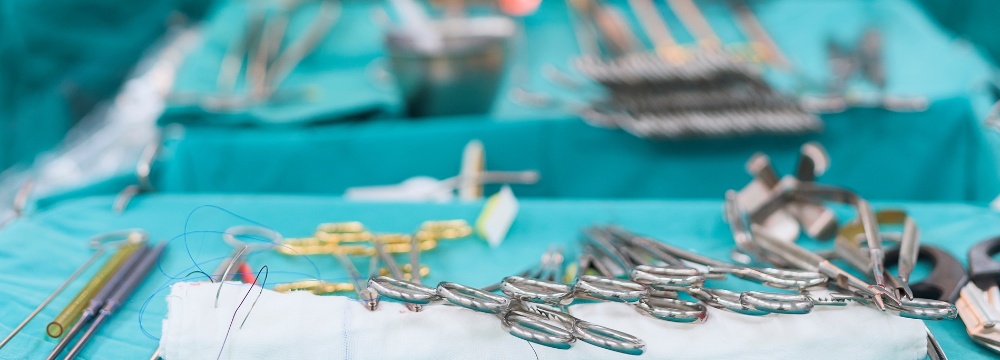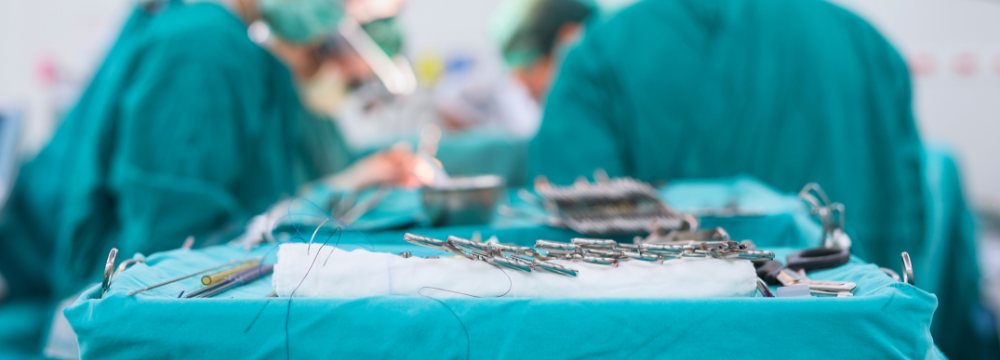Bariatric Surgery
One of the biggest concerns from our patients, and frankly one that often delays their decision to have bariatric surgery, is whether they will regain their weight if they distend or stretch their stomach pouch permanently. Without knowing how it feels after surgery, many patients are legitimately concerned that they may be unable to follow their diet and exercise program. They worry that overeating may reverse all the benefits of surgery and stretch their stomach, which ultimately means failure in their goal of losing excess weight.
Let’s discuss more about the stomach’s anatomy and how it adapts after surgery.
Between 75 and 85% of the existing stomach is cut away and removed during gastric bypass or gastric sleeve surgery. The cut portion of the gastric bypass pouch no longer receives food but remains in the abdomen. The cut-away portion of the stomach is completely removed from the abdomen during the sleeve. Regardless of the procedure, this leaves a tiny receptacle for food. In the early stages after surgery, the pouch will be very tight, limiting the amount of food and liquid the patient can consume at any sitting. Over time, the pouch will develop laxity, allowing the patient to eat more. This distention typically follows the post-operative diet from liquids to soft foods and eventually a modified long-term solid food diet.
But Will the Stretching Continue?
The answer to long-term stretching concerns involves how well patients can maintain their postoperative diet. We know from thousands of patients that occasional food mishaps don’t hurt the stomach, even if it feels very uncomfortable. The discomfort the typical gastric bypass patient feels after eating a large meal, known as dumping syndrome, is an excellent self-limiting tool and a quick lesson on what foods to avoid. Similarly, overeating with a sleeve can also cause discomfort and a feeling that your stomach pouch is stretched. To some degree, it has. The stomach is made to adapt to varying amounts of food consumed. However, it will also adjust and shrink back down after the food moves to the small intestine.
Are You Saying I Can Eat What I Want With No Stretching Ramifications?
No, not at all. Unfortunately, some patients chronically overeat and, in doing so, can stretch their pouch more permanently. Unfortunately, once the pouch size has increased, there is no non-surgical way to return it to its former shape and size. Consider elastic a great example of how the stomach will perform after surgery. The elastic in your clothing is made to adapt to your waistline. If you’ve gained a little weight, the garment moves with you. If you don’t lose the weight, that elastic stays distended to adapt. However, as that elastic ages, it eventually loses its ability to snap back. This is like a stomach chronically pushed out with too much food, carbonated drinks, or a combination of both.
We have the backstop of revisional or conversion bariatric surgery for a stomach that has been stretched; however, it’s far better to prevent this from happening in the first place.
So, What’s the Answer?
Fortunately for most, stretching will not be an issue in the first couple of years because most patients stick to their dietary regimen – they are usually very motivated and willing to make the necessary sacrifices. However, as time passes and people begin to “forget,” the outcome can differ for those who then indulge and splurge regularly. The pouch continually expands and adapts, and the effects of this overeating can become more pronounced with every misstep.
So, that said, we don’t want you to actively worry about your gastric sleeve or gastric bypass pouch stretching as long as you’re following your post-operative diet and exercise program. If you feel discomfort after a meal, you now know your limits, and it is up to you to ensure you don’t cross them again. That said, it’s unlikely you’ve done any permanent damage. If you can stay disciplined and on track, there’s no reason why bariatric surgery can’t be incredibly successful for you, both early on and long into the future










